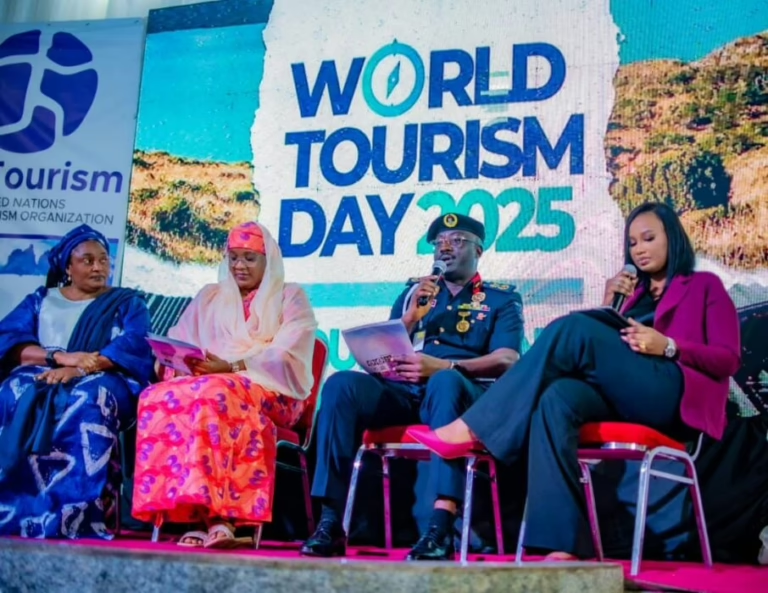Dr. Olusola Odumosu, the Commandant of the Nigeria Security and Civil Defence Corps (NSCDC) for the Federal Capital Territory (FCT), has issued a strong admonition to all tourism stakeholders nationwide, emphasizing that prioritizing security is essential for the sector’s success.
Delivering this urgent message during the World Tourism Day celebration themed “Tourism and Peace: Building Through Cultural Diplomacy,” Dr. Odumosu urged tourism operators to place security at the forefront or risk stifling the industry’s growth potential.
He highlighted that Nigeria’s abundant tourism resources remain largely untapped, primarily due to persistent insecurity and the widespread belief that many destinations are unsafe for visitors.
In a statement released by DSC Monica Ojobi, spokesperson for the FCT Command, the Commandant underscored that sustainable investment in tourism hinges on the presence of robust, visible, and dependable security measures.
“Tourism cannot thrive without security. Visitors will avoid locations where their safety is in doubt. For the industry to expand, collaboration between tourism operators and security agencies is indispensable,” he asserted.
As the agency charged with safeguarding Critical National Assets and Infrastructure (CNAI), the NSCDC regards tourist sites as national treasures due to their cultural, historical, and economic importance.
“These sites are invaluable assets whose protection must be non-negotiable. When secured effectively, they attract investments, draw both domestic and international tourists, and stimulate economic growth,” Odumosu explained.
He pointed out that numerous promising tourism destinations remain underdeveloped because of security challenges. “Travelers only venture to places where they feel safe. Ignoring this reality is self-defeating,” he warned.
Odumosu called on tourism stakeholders to actively promote Nigeria’s rich tourism offerings globally, but with safety as the foundational priority.
“We stand ready to collaborate with industry players to enhance security at tourist locations throughout the FCT. However, this must be a joint effort, with the sector also investing in security infrastructure that reassures visitors,” he added.
He cited effective partnerships between the NSCDC and other security bodies in identifying and neutralizing high-risk zones and ‘dark spots’ within the FCT as a model for success.
Despite ongoing security hurdles, Odumosu expressed confidence that Nigeria’s tourism industry holds significant growth potential. He referenced renowned attractions such as Erin-Ijesha Waterfalls, Aso Rock, Idanre Hills, and Gashaka Gumti National Park as prime examples deserving enhanced security, promotion, and investment.
“Tourism has the power to unite cultures, boost local economies, and reshape global perceptions of Nigeria. Yet, none of this can be realized without guaranteeing visitor safety,” he emphasized.
While acknowledging that no nation is entirely free from security issues, Odumosu stressed the importance of Nigeria narrating its own story through tourism based on truth rather than fear.
“Security agencies are fulfilling their responsibilities, but perception is key. It’s time to change the narrative and demonstrate to the world that Nigeria is welcoming, vibrant, and secure through strategic partnerships,” he concluded.
His message was unequivocal: peace and tourism are inseparable, and the future prosperity of Nigeria’s tourism sector depends on the nation’s commitment to safeguarding its attractions.
World Tourism Day, observed annually by the United Nations World Tourism Organisation (UNWTO), was commemorated locally by organizations including the International Society of Diplomats in Nigeria, which hosted the event in Abuja.



















